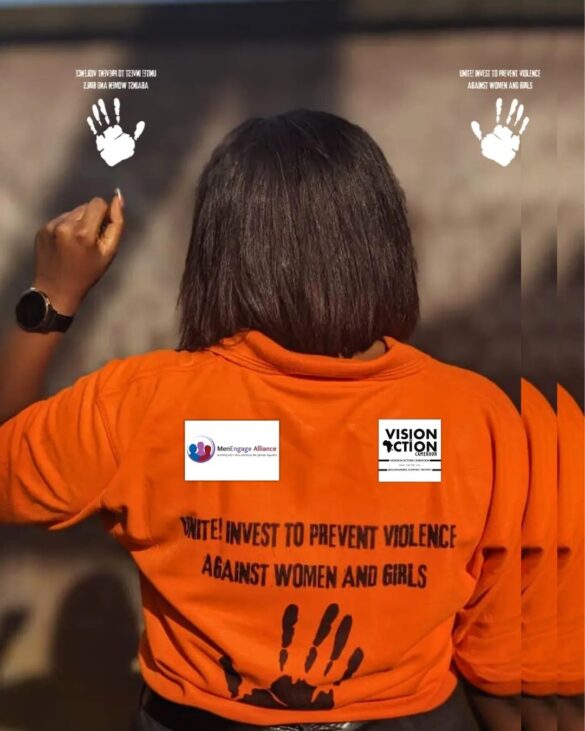By Sendy Forlemu
In the Northwest and Southwest regions of Cameroon, the horrors of war are not limited to the battlefield. For countless women and girls, the violence follows them home, hidden behind closed doors. From sexual assault to domestic abuse, gender-based violence (GBV) has surged, leaving survivors trapped between fear, stigma, and a justice system struggling to respond.
Gender-based violence ranging from physical and sexual abuse to psychological harm—is a pervasive yet often invisible crisis. In Cameroon’s Anglophone regions, conflict has intensified this shadow pandemic. The Cameroon Gender-Based Violence Task Force reports a 40% rise in sexual assault cases since 2019, a spike driven by displacement, armed groups, and weakened social protections.
Adolescent girls and young women are particularly at risk. UNICEF estimates that over one in three girls aged 15–19 in conflict zones have experienced sexual or physical violence, often at the hands of known perpetrators, including family members or community figures. Early marriage, forced pregnancy, and domestic abuse are grim realities for many, while displacement exacerbates vulnerability.
“Women in these regions live under constant fear not just from the conflict, but from those meant to protect them,” says Vision in Action Cameroon, a local SRHR organization supporting survivors. “Many endure violence in silence because stigma isolates them from help.”
Stigma remains a critical barrier to reporting and recovery. Survivors frequently face social ostracism, shame, and blame, discouraging them from accessing medical care or legal recourse. Local NGOs have stepped in with safe spaces, counseling services, and peer support networks, helping survivors regain dignity and navigate available services.
Men also play a crucial role in prevention. Community outreach programs train men as allies and advocates, challenging harmful norms that normalize violence. In some areas, male champions educate peers about consent, shared decision-making, and the importance of supporting survivors showing that men can be a force for change.
Government accountability, however, remains a weak link. Cameroon’s Penal Code (article 296) criminalizes sexual violence, but enforcement is inconsistent, prosecutions are delayed, and access to justice is limited, especially in conflict zones. Humanitarian reports indicate that less than 20% of reported sexual violence cases reach formal legal channels, leaving most survivors without protection or redress.
Addressing gender-based violence in Cameroon’s Northwest and Southwest regions requires coordinated, multi-layered action. Vision in Action Cameroon emphasizes the need for robust enforcement of existing laws, expanded survivor-centered services, and community engagement to shift entrenched cultural norms.
“Survivors must know they are not alone, and communities must see that protecting women is protecting the future,” says Vision in Action Cameroon.
Tackling GBV is more than a matter of human rights; it is essential for public health, societal resilience, and the empowerment of future generations. In regions where conflict has already taken so much, safeguarding women and girls is a step toward rebuilding stronger, safer communities.

